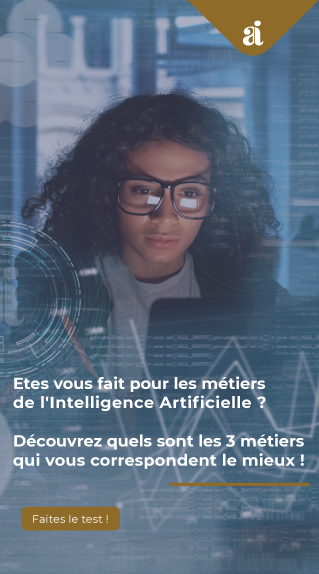AI will form a key component of cyber defense strategies in 2023, allowing companies to move to an entirely new approach to cybersecurity.
The point regarding AI raises several questions about its effect on the wider economy: what jobs will be most affected by the technology, how will these changes happen and how will these changes be felt?
You could be forgiven for feeling blindsided by the speed at which artificial intelligence has moved from technology of the future, to the here and now.
Artificial intelligence has been around for years, but scarcely has it found itself in conversation as much as it has now. The launch of OpenAI’s ChatGPT rocketed generative AI onto the radar of many people who hadn’t been paying much attention – or didn’t feel it was relevant to their lives.
Artificial intelligence (AI) can increase productivity, boost economic growth, alter existing occupations and generate new ones. Without a doubt, AI will result in some job displacement in the short term, but there are numerous reasons to think that AI will also contribute to creating new jobs and economic growth in the long run.
L’intelligence artificielle (IA) pourrait remplacer l’équivalent de 300 millions d’emplois à temps plein, selon un rapport de la banque d’investissement Goldman Sachs.
The explosion of advanced technology in the workplace may appear to be straight out of the novel Brave New World, but it contains genuine humanity.
Artificial Intelligence is the latest technology buzz topic thanks to the boom of ChatGPT. The AI-powered chatbot, created by Microsoft-backed OpenAI, has both impressed and shocked with its ability to answer questions, write essays and even argue legal cases.
If you are exploring a job or career move in 2023 after six months of tech layoffs, revaluations, concerns about the economy, and a potential recession, you would be forgiven for thinking about which way to jump.
Deux chercheurs japonais ont permis à l’intelligence artificielle Stable Diffusion de traduire des pensées humaines en images, comme le révèle une étude publiée en décembre dernier sur le site Biorxiv.


